During Prime Minister Rishi Sunak's visit to Washington, the two leaders of the US and the UK signed the Atlantic Declaration. According to The Guardian, this is a landmark agreement, bringing the UK into the US economic orbit and marking the revival of bilateral relations after many upheavals related to Brexit.
Revealing the Atlantic Declaration at a joint press conference with President Joe Biden at the White House on June 8 (Washington time), Prime Minister Sunak emphasized that closer ties between the two countries are designed to strengthen economic security to deal with threats.
With the Atlantic Declaration, the two countries agreed to promote trade relations in key areas such as artificial intelligence (AI), 5G and 6G telecommunications, quantum computing, semiconductors and biotechnology, with commitments to loosen protectionist barriers, further strengthen defense relations and cooperate on data protection.
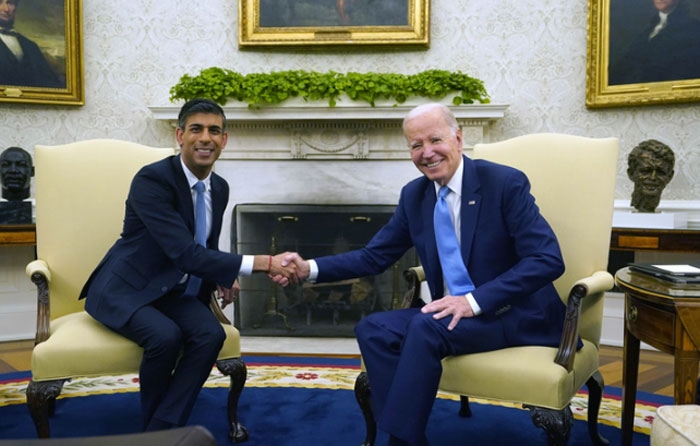 |
| US President Joe Biden and British Prime Minister Rishi Sunak at the White House. Photo: AP |
Experts say the Atlantic Declaration is in some ways little more than a series of mini-economic agreements. But its symbolism is significant, marking a shift from Britain’s recent stance of unfettered free trade to support for mutual protectionism.
Prime Minister Sunak hailed the deal as “a new economic partnership for a new era, one of a kind that has never been seen before”, adding that it would benefit British companies and respond to the specific opportunities and challenges the country faces now and in the future.
Seen as a concession by the US, the Atlantic Declaration will help mitigate the effects of the deflationary act that President Joe Biden signed into law in August 2022, through a critical minerals agreement that will allow key minerals for electric vehicle batteries mined in the UK to receive tax benefits under the deflationary act. At the same time, President Joe Biden will ask Congress to treat the UK as a “domestic source” under US defence procurement laws, helping to promote faster and more effective cooperation on new military technology between the two countries.
The Atlantic declaration comes after Britain abandoned hopes of a comprehensive free trade deal with the US, with British officials insisting on a new approach to better respond to global economic challenges.
The US is the UK’s most important trading partner, accounting for 16.6% of the UK’s total trade value. After leaving the European Union (EU), the UK had hoped to reach a bilateral trade agreement with the US, considering it the biggest benefit of the post-Brexit era. However, negotiating a trade agreement with the UK has not been a priority for the White House since President Joe Biden took office.
Faced with the dim prospect of a comprehensive trade deal with the US, the UK has sought closer trade partnerships with individual US states. In parallel, the UK government has focused on targeted deals rather than trying to reach a comprehensive free trade agreement with the US.
HUNG HA
Source


![[Photo] Prime Minister Pham Minh Chinh starts construction of vital highway through Thai Binh and Nam Dinh](https://vphoto.vietnam.vn/thumb/1200x675/vietnam/resource/IMAGE/2025/5/12/52d98584ccea4c8dbf7c7f7484433af5)


![[Photo] Buddha's Birthday 2025: Honoring the message of love, wisdom, and tolerance](https://vphoto.vietnam.vn/thumb/1200x675/vietnam/resource/IMAGE/2025/5/12/8cd2a70beb264374b41fc5d36add6c3d)







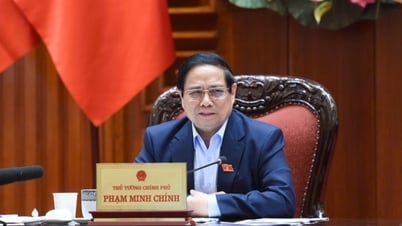










![[Photo] General Secretary To Lam meets and expresses gratitude to Vietnam's Belarusian friends](https://vphoto.vietnam.vn/thumb/1200x675/vietnam/resource/IMAGE/2025/5/11/c515ee2054c54a87aa8a7cb520f2fa6e)























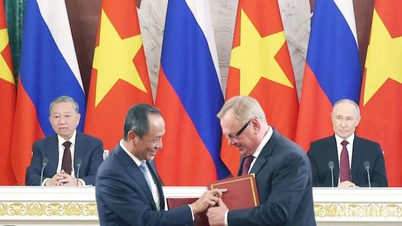







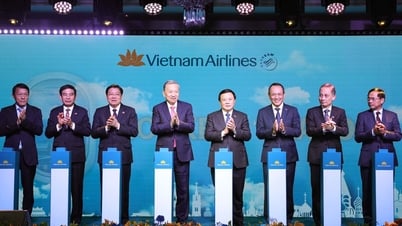


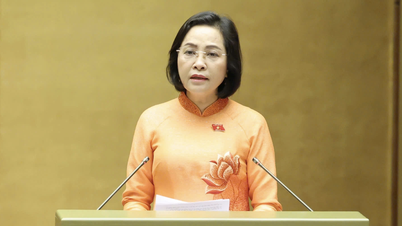

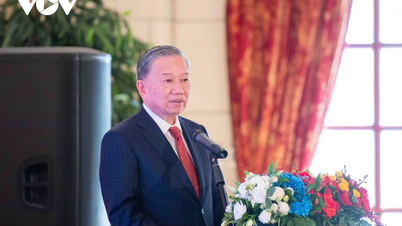

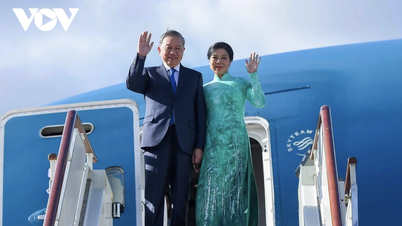




























Comment (0)